Google has made it official: Responsive Text Ads will now be the default ad type in Google Ads search campaigns. The ad format debuted in 2018.
What Does This Change for Advertisers?
A Google spokesperson confirmed this update will not impact the way ads are served.
Expanded text ads are still supported, and advertisers can still create them. The difference is the platform won’t default to expanded text ads when an advertiser goes to create a new ad.
Google encourages advertisers to use additional tools within the Ads setup to maximize the performance of RSAs. These include watching the “Ad strength” indicator, and continuing to utilize personalization features such as location and countdown customizers.
What Are Responsive Search Ads?
Traditionally, text ads in Google were comprised of headlines and body copy. The advertiser would write them in the intended order.
Multiple, stand-alone versions would be created, with Google rotating the versions against each other. How it does so is determined by the advertiser in a Campaign’s settings:

Responsive Search Ads change this original dynamic a bit.
Instead of each ad being viewed as its own version, each piece of the ad is viewed as an “asset.” These assets are then mixed and matched by Google to find the best combination of headlines and body copy for a campaign’s goal.
The set up looks like this:
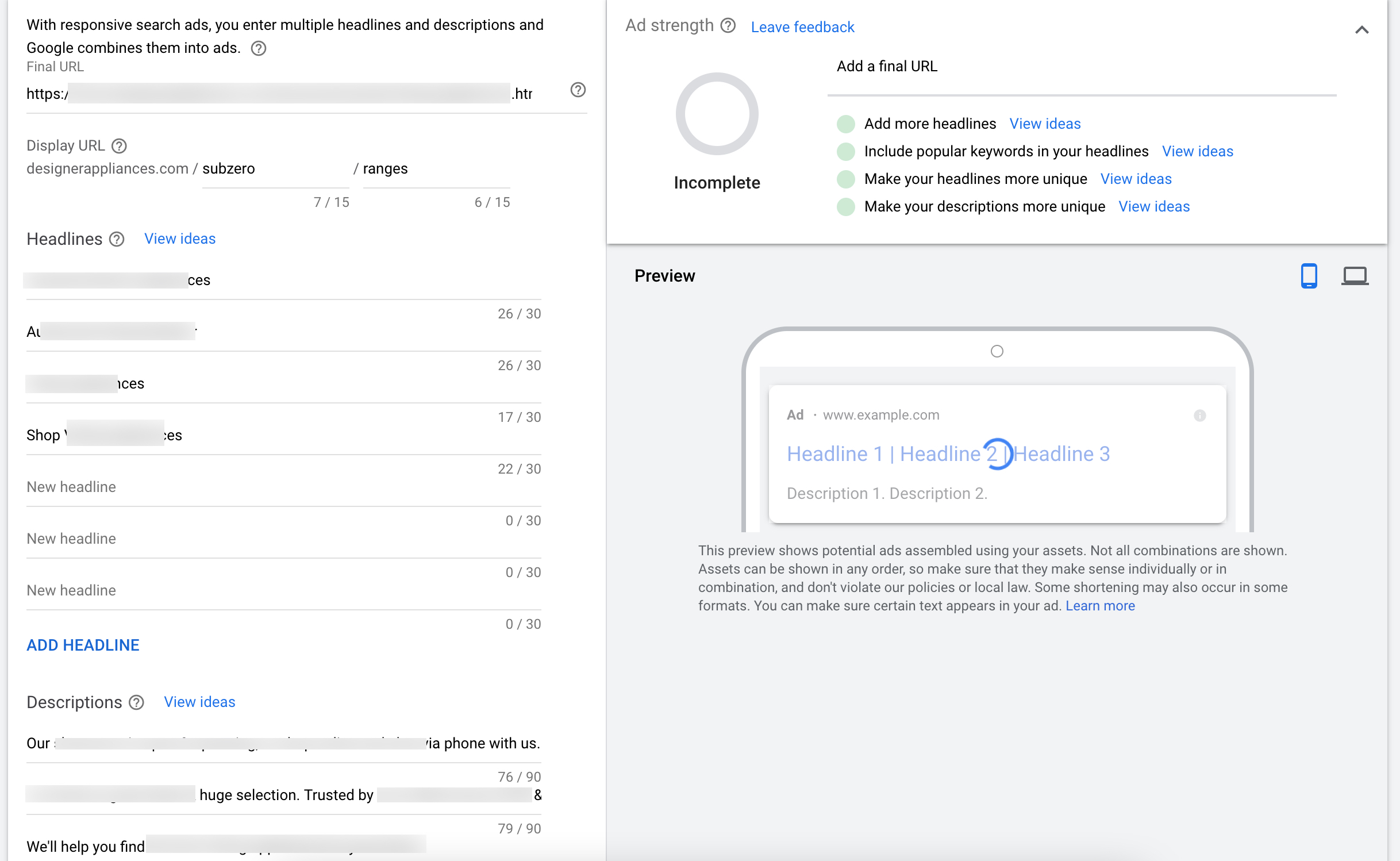
Responsive search ads are noted as that type in the Ads section, and also have a link to “view asset details” for advertisers to see all the assets running in that RSA:

What are the Challenges with Responsive Search Ads?
They require a little more thought in setup. Since the advertiser isn’t mandating the order like in a normal text ad, each headline and body copy asset has to make sense on its own, no matter what combination it’s used in.
For example, sometimes brands will use the multiple headlines of a text ad with the intention of it functioning as a single phrase. While two headlines, when they’re matched together in order they make sense:

However, this requires a little more planning in RSAs. If these were just entered as assets to be mixed up, the headline order could appear as the reverse and it doesn’t make as much sense:
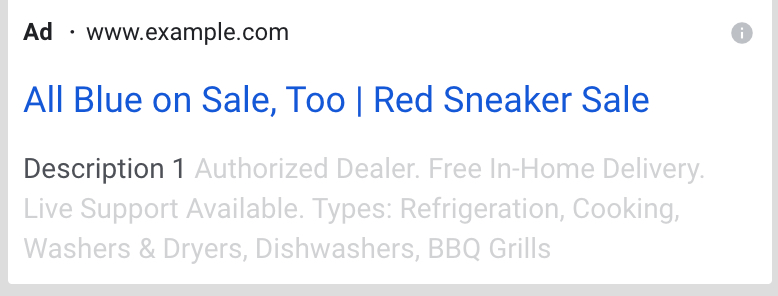
Google does provide a tool to help control these instances in RSAs. Advertisers can “pin” an asset version, and specify in what order it should always show. This function continues to give advertisers control in specifying the order of the assets.
Is This Change a Big Deal?
Yes and no.
This probably isn’t a huge surprise to many advertisers who notice details in the platform.
Many of us noticed in the past year the option for Expanded Text Ads vanished from the options in new ad creation:
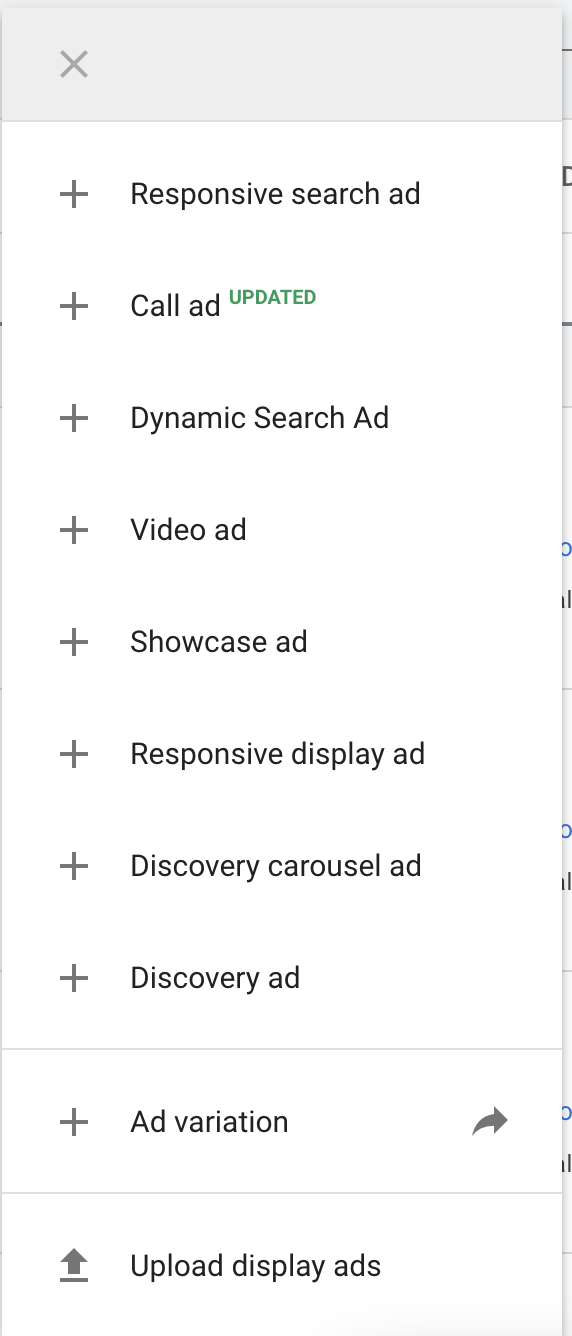
They could still be found by choosing the Expanded Text option. The subsequent screen has a link calling out the ability to create text ads still. This is now officially the default setup, but many advertisers are already used to this:

Responsive search ads have also been a focus in the Recommendations section, with frequent prompts to add more headlines or body copy. Google also started making suggestions for them, which can be approved or denied.
In the Recommendations section, the initial prompt looks like this:
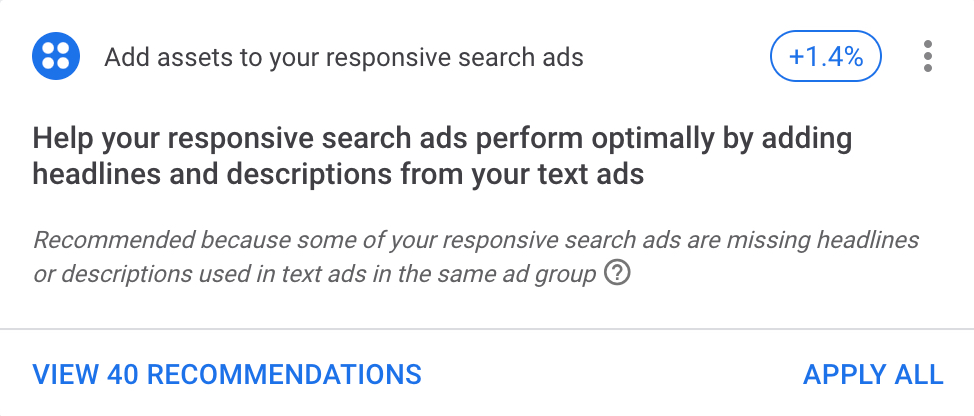
When the “view recommendations” option is clicked, it will reflect everything currently set up for that Responsive Search Ad. Any suggested items Google recommends be added have a green marker next to them. Brands can save to add the suggestion, or ignore it.
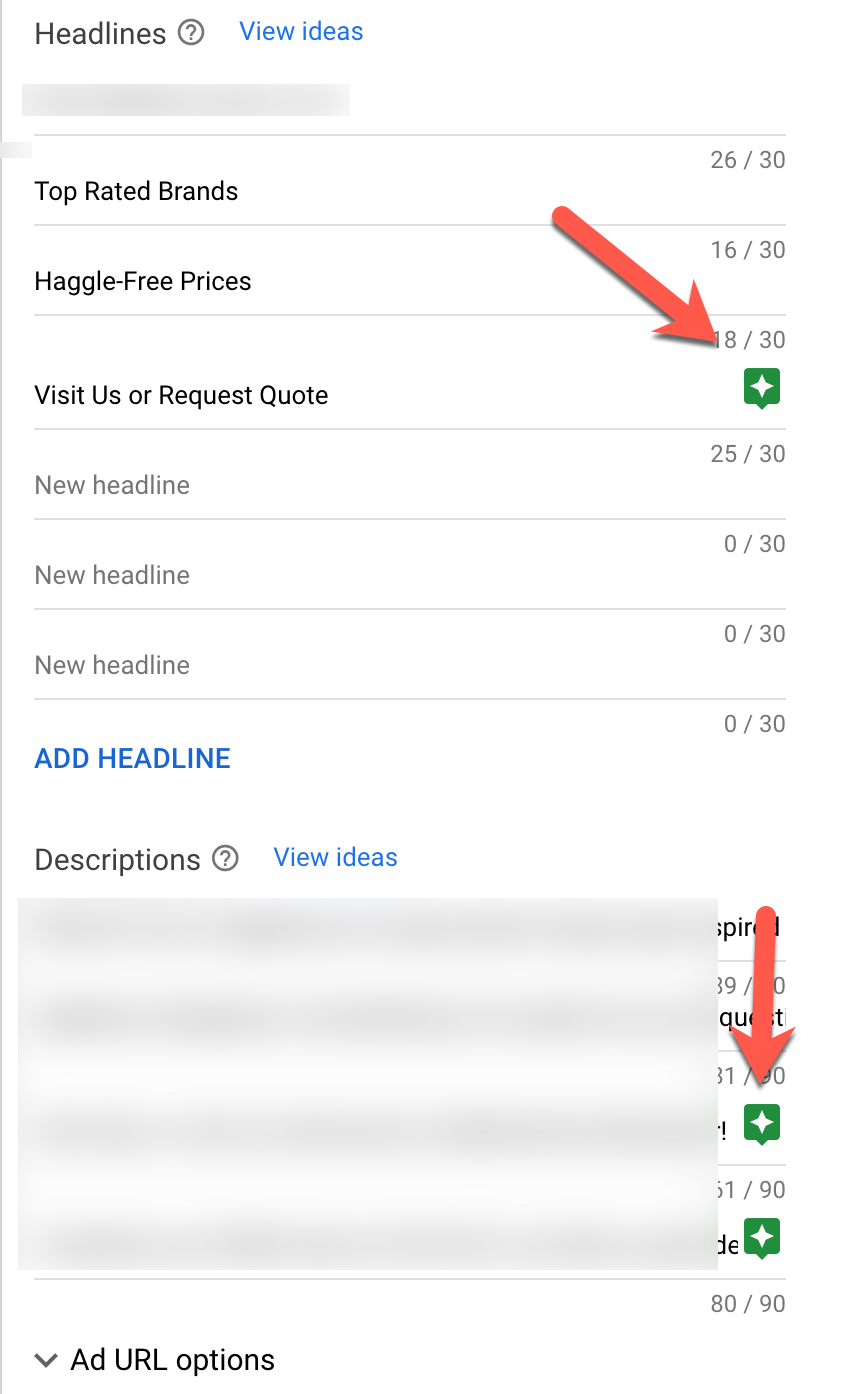
Clicking “apply” will add Google’s suggestions into the asset rotation.
This is the most recent announcement in some continued consolidation Google is doing to simplify and streamline account management. They recently also announced modified broad match will be sunset in favor of phrase match.

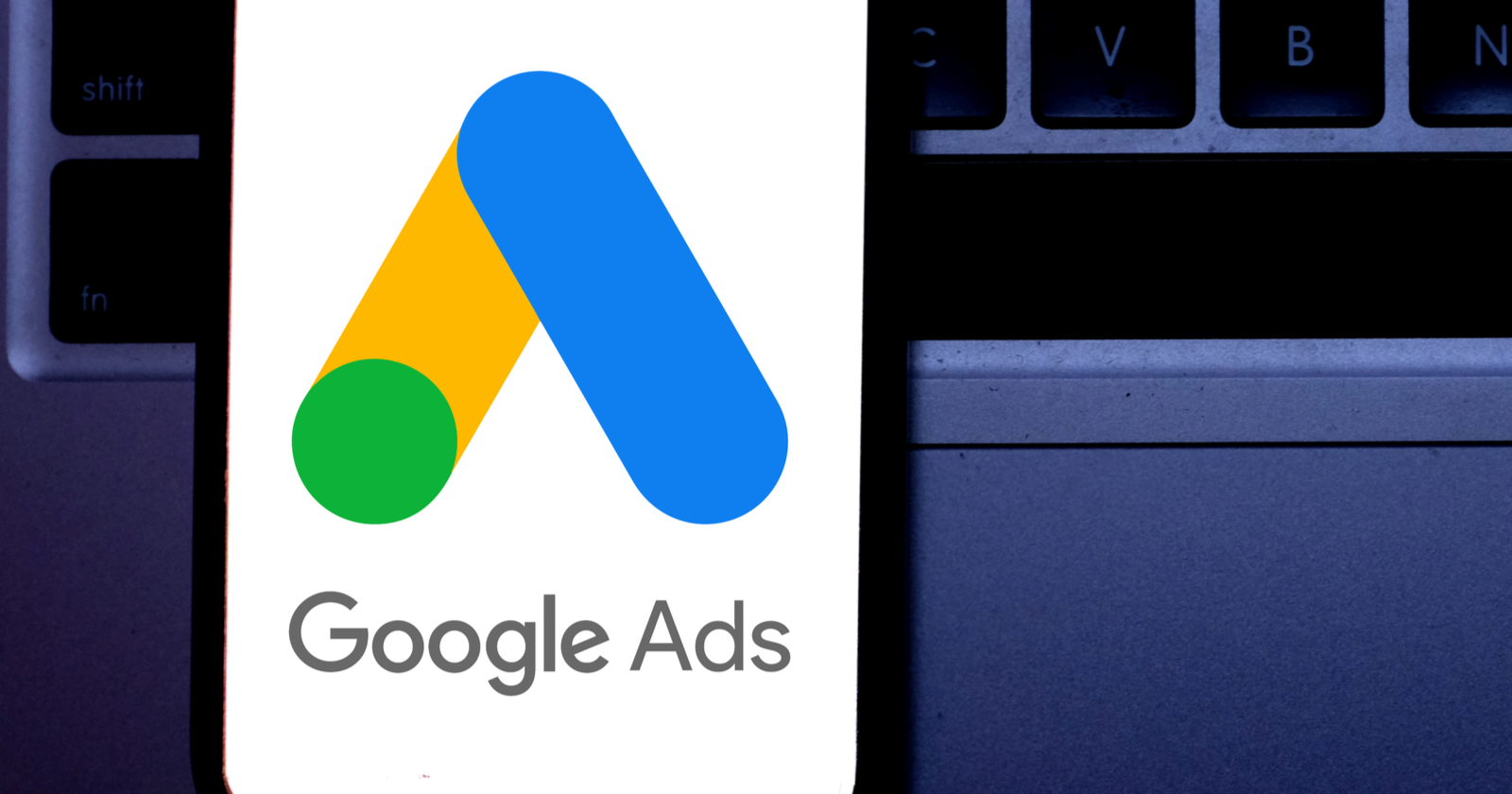



![[SEO, PPC & Attribution] Unlocking The Power Of Offline Marketing In A Digital World](https://www.searchenginejournal.com/wp-content/uploads/2025/03/sidebar1x-534.png)